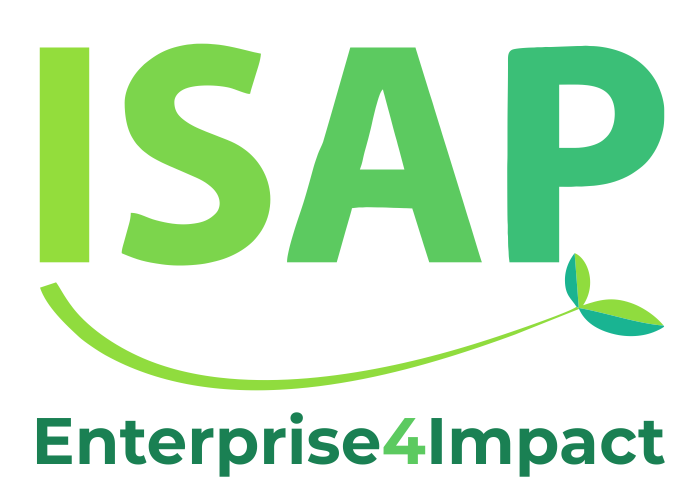Cause Area
Primary Sectors
Financials
-
2018
Total IncomeRs.241,439,650Total ExpensesRs.232,911,540Non Program ExpensesRs.1,884,019Program ExpensesRs.231,027,521Tip: Click on any value above to exclude it. -
2019
Total IncomeRs.239,997,500Total ExpensesRs.236,248,862Non Program ExpensesRs.2,898,172Program ExpensesRs.233,350,690Tip: Click on any value above to exclude it. -
2021
Total IncomeRs.2,104,279Total ExpensesRs.1,927,034Program ExpensesRs.1,927,034Tip: Click on any value above to exclude it. -
2022
Total IncomeRs.2,695,280Total ExpensesRs.2,335,838Program ExpensesRs.2,335,838Tip: Click on any value above to exclude it.
Geographies Served
Programs
-
Skill Development & Placement Programme
Farmers, women, and youth undergo practical training in contemporary agricultural techniques and non-farm vocational skills. Emphasis is placed on empowering women and integrating agency and civic rights awareness into vocational training. Following training, ISAP collaborates with employers to secure job placements, achieving a 70% placement rate. The process begins with identifying skill needs through industry surveys, mobilizing candidates, providing training in their chosen domains, and facilitating job opportunities with local and national employers.
-
Natural Resource Management Programme
Agriculture relies heavily on vital natural resources. As water becomes increasingly scarce, farmers seek assistance in water harvesting and efficient irrigation practices. Communities are aided in establishing and maintaining clean drinking water sources. ISAP's infrastructure support extends to renewable energy initiatives such as biogas and solar projects. The process starts with assessing community needs to enhance access to clean energy and water, followed by designing projects focused on watershed management, renewable energy, and water conservation where necessary.
-
Sustainable Agriculture through Tech Intervention
ISAP employs scientific research and novel technical insights to educate farmers, improving productivity and implementing innovative field practices. This includes activities related to risk management and livelihood diversification. The process involves three key steps: conducting a baseline survey to understand community needs and challenges, identifying practical technologies to address these issues, and creating and implementing suitable project designs to introduce and ensure farmers' adoption of these technologies.
-
Institution Building Programme
ISAP establishes robust local institutions, comprising Farmer Producer Organisations (FPOs) and Agribusiness Village Resource Centres (AVRCs), to bolster community capacity and knowledge-sharing. FPOs, formed by mobilizing farmer groups, focus on enhancing production and profitability, while AVRCs, managed by trained FPOs, offer value-added services to farmers. These centres also allocate sections for community development, including facilities for women, healthcare, and children's recreation. The process involves identifying high-potential geographic clusters, studying supply chains, developing institutions, creating the necessary infrastructure, and facilitating credit linkages for producer organisations.
Registration Details
-
PAN Card
AABCI1892A
-
Registration Number
U01111DL2001PTC109771
-
CSR Form 1
Not Available
-
FCRA
231660466
About
-
Headquarters
Delhi, Delhi
-
Since
2001
Impact
Operating in 23 states across more than 11,500 villages, the Indian Society of Agribusiness Professionals has initiated over 120 projects and collaborated with over 300 Farmer Producer Organisations (FPOs), benefitting over 1 million farmer households.
Vision and Mission
ISAP's vision is to enable farmers to improve and earn from their harvests so rural India can become a place of opportunity and prosperity for all community members. Its mission is to enhance incomes of smallholders through access to markets and technologies.
Political & Religious Declarations
-
Political Affiliation
-
Religious Affiliation
Location
-
Headquarters
Plot No: E-16/B-1 Mohan Cooperative Industrial Estate Near Tughlakabad Metro Station New Delhi,
Directions, Delhi, Delhi -
Offices in Cities
Delhi
Other Details
-
Type
Non-profit
-
Sub Type
Section 8 (formerly Section 25)
Technology Adoption
-
SOC 2 Compliant
No
-
Financial Management
-
Beneficiary Management

